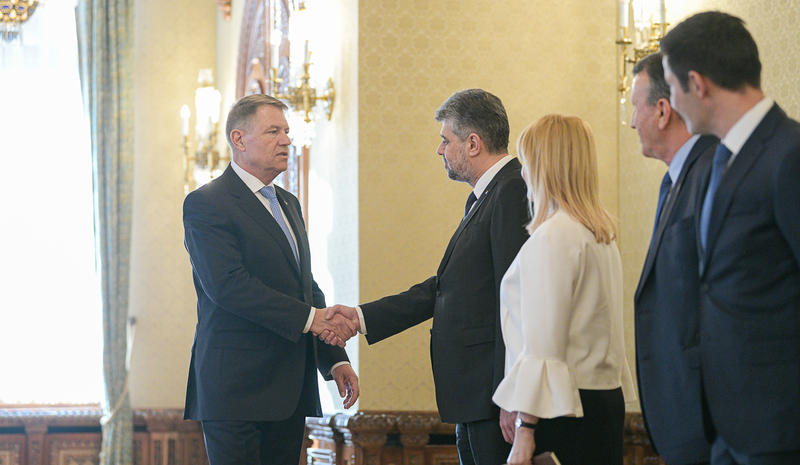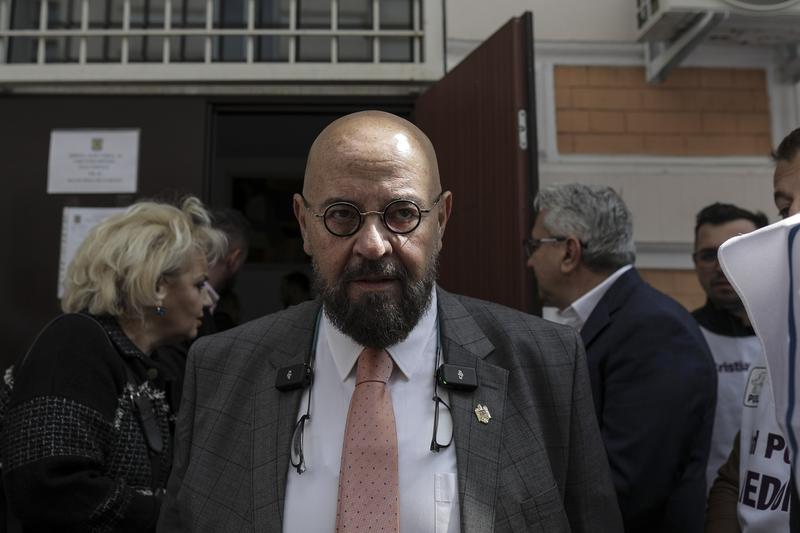As soon as the state salaries are restructured, more money are saved for investments and co-financing. The way this money is managed is essential, Romanian representative with the IMF Mihai Tanasescu declared for The Money Channel.
"The sooner state salaries are reformed, the quicker money will go to investments and co-finance projects", Tanasescu said. According to him, there is a detailed programme of cutting state salary costs, which will drop from 9.2% of the GDP to 8% over 2010 - 2015. This year, it will be 0.5% lower. Tanasescu indicated that salaries will not drop, but the reform system is going to stagnate. Plus jobs are to be cut, based on competence, for more efficiency.
He recommends Romanian authorities to take into account the fact that the public administration has increased enormously, the increase in salaries have had completely unsustainable rhythms in comparison with productivity.
"It's not the case of cutting earnings, it's about freezing the system. We're lucky compared with Latvia and Lithuania. Keeping these salaries in 2010 is a plus. Some institutions and people in the public sector will be restructured. This cut needs to consider very clear competence criteria. If it will be done on subjective criteria rather than competence, the public service will be much weaker."
Taxes won't increase
Romanian representative at the IMF said that taxes will keep their level and their collection needs to be improved by accelerating fiscal reform. According to him, the IMF agreement sees that should the revenues increase, half can be channelled towards investments, half to reduce the budget deficit.
A maximum of two rectifications
The law of fiscal responsibility to be approved in the months to come will bring more discipline and rigour in drafting the state budget. There will be a new institution, a new fiscal council formed by specialists. This will propose to the Government fiscal policies, Tanasescu sustains. Therefore, there will be no budget rectifications.
One or two years to go to a healthy banking system
According to Mihai Tanasescu, the loan from the international organisations will insure market liquidity, which will create stability, a regain of trust in the banking system, a re-launch of credits over the next two years.




















